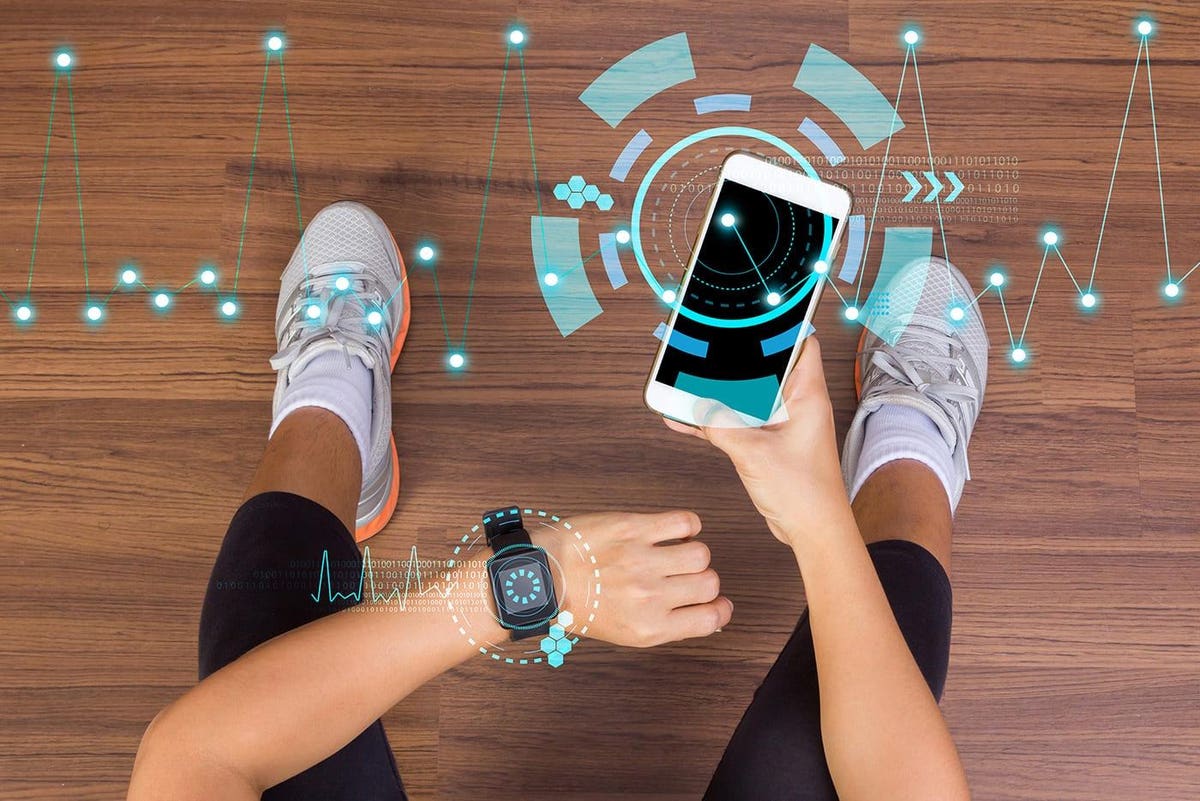Blood
The Best Smart Watches In 2023 / 2024: From Blood Sugar Monitoring To AI Personal Training
Apple popularized the smartwatch, just as it did with the smartphone when it released the Apple watch in 2015. But it wasn’t the first – IBM released the WatchPad, which ran on a cut-down version of the Linux operating system way back in 2001. And who remembers the Pebble? Funded via a Kickstarter campaign in 2011, it was one of the first watches to pair with a smartphone to deliver notifications to your wrist.
And smartwatch makers continue to innovate by adding new features and functions, as well as producing sleeker, lighter and more user-friendly designs. Here’s a roundup of some of the most exciting and interesting watches that have hit the market recently, along with a few glimpses of what watch-loving gadget heads can expect to see in the near future.
Huawei Watch 4/ Watch 4 Pro
Huawei has launched the first watch to feature non-invasive blood glucose monitoring. This is a feature that other watchmakers, including Apple, have been aiming to develop for some time, but the Chinese manufacturer is the first to market. The device doesn’t measure blood sugar levels directly; instead, it tracks a number of other health metrics that can be used to give indicators of high or low blood sugar levels. This means it won’t replace invasive blood sugar monitors that require diabetics to prick their finger to draw blood, but it can still be used to provide early warning of a hyperglycemic or hypoglycemic episode.
Apple Watch Ultra
Available now for about a year, the Ultra has carved out a place for itself as the top-end watch in Apple’s ever-growing lineup. It distinguishes itself by having a titanium exterior, designed to be durable in extreme conditions, and enabling it to boast a water resistance of up to 600 meters. New battery technology has also enabled Apple to extend the battery life – not a strong point of earlier models – to a useful 36 hours. For these reasons, it’s marketed as a watch for adventurers or lovers of extreme sports – if this describes you, you might also want to check out the Garmin Fenix 7 or the Polar Grit X Pro watches.
Google Pixel Watch 2
Rumors have it that the second iteration of Google’s smartwatch will feature an enhanced version of the Body Response stress detection system featured in the Fitbit Sense 2. This would make sense as Fitbit is owned by Google, and it may want to include the most sophisticated elements of its subsidiary’s technology in its own flagship device. While previous versions of the stress detection technology leverage machine learning to monitor a number of metrics, including perspiration, heart rate and skin temperature, to provide a daily score, the latest Body Response system enables real-time reporting that can send an alert when it detects a rise in stress levels.
Amazfit Cheetah
Generative AI comes to smartwatches, thanks to the Cheetah’s Zepp AI coaching application. This watch incorporates a large language model that enables it to answer questions and provide information as if you had a personal trainer strapped to your wrist. It also offers AI-powered advice and guidance on your training program, including personalized recommendations and GPS routing.
Fitbit Ace 4
Rumored to be launching later in the year, this is the latest version of Fitbit’s range of fitness tracker watches specifically designed for children. As well as parental controls, it features a kid-friendly design, a high level of customization, and kid-friendly versions of Fitbit apps with a focus on fun and gamification of fitness activities. A rugged design helps it to stand up to the trips, falls and spills that are all too often a part of children’s lives.
Citizen Smart Touchscreen Gen-2
Another AI-assisted watch, Citizen’s latest model, is powered by IBM’s Watson AI engine. This takes the form of a built-in self-care advisor designed to build up an intelligent understanding of the wearer’s lifestyle, physical health and activity levels. It also leverages machine learning algorithms developed by NASA to help understand the day-to-day alertness and energy level fluctuations experienced by astronauts to provide automated suggestions on the best times to exert yourself or rest in order to efficiently use energy throughout the day.
To stay on top of the latest on new and emerging business and tech trends, make sure to subscribe to my newsletter, follow me on X (Twitter), LinkedIn, and YouTube, and check out my books, Future Skills: The 20 Skills and Competencies Everyone Needs to Succeed in a Digital World and The Future Internet: How the Metaverse, Web 3.0, and Blockchain Will Transform Business and Society.

